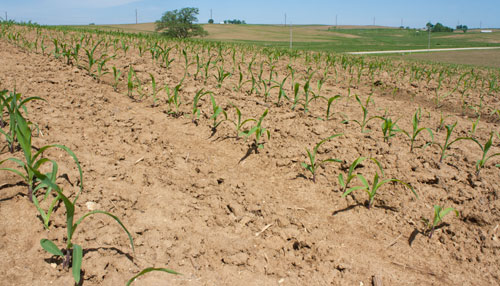
Americans' desire for organic food continues to grow, and the nation's largest grocer is responding. Retail giant Walmart recently announced plans to expand its organic selection in stores. Even further, it is promising to sell its organic goods at the same price levels of nonorganic options.
Why? Through its own research, Walmart found that 91 percent of shoppers would consider buying organic foods if they were affordable. In general, organic products typically sell for 25 percent more than nonorganic counterparts. To meet this consumer wish, Walmart plans to keep its prices lower by using Wild Oats, a well-known name in organic foods, as its supplier.
According to Bloomberg Businessweek, the partnership between Walmart and Wild Oats originally came together in 2011, with a new effort launched earlier this year. The relationship will be mutually beneficial, as Wild Oats will be able to save costs on manufacturing and distribution, and thus keeping customer prices lower, by pairing with the retailer due to economies of scale.
As the Walmart study indicated, consumers are interested in organic foods. In 2013, organic product sales climbed 11.5 percent and reached $35.1 billion, according to the Organic Trade Association. Organic foods may only account for 4 percent of the nation's annual food sales, but the rate of growth for organic foods has averaged almost 10 percent every year since 2010, far exceeding the 3 percent average annual growth in total food sales.
Looking more specifically at milk and dairy products, the $4.9 billion organic dairy sector grew 8 percent last year and represents 14 percent of all organic sales. With growing demand, USDA Dairy Market News indicated that organic fluid milk shortages have been reported across the country. High feed cattle prices and the time it takes farms to become certified organic are two factors contributing to the gap between organic milk demand and supply.








